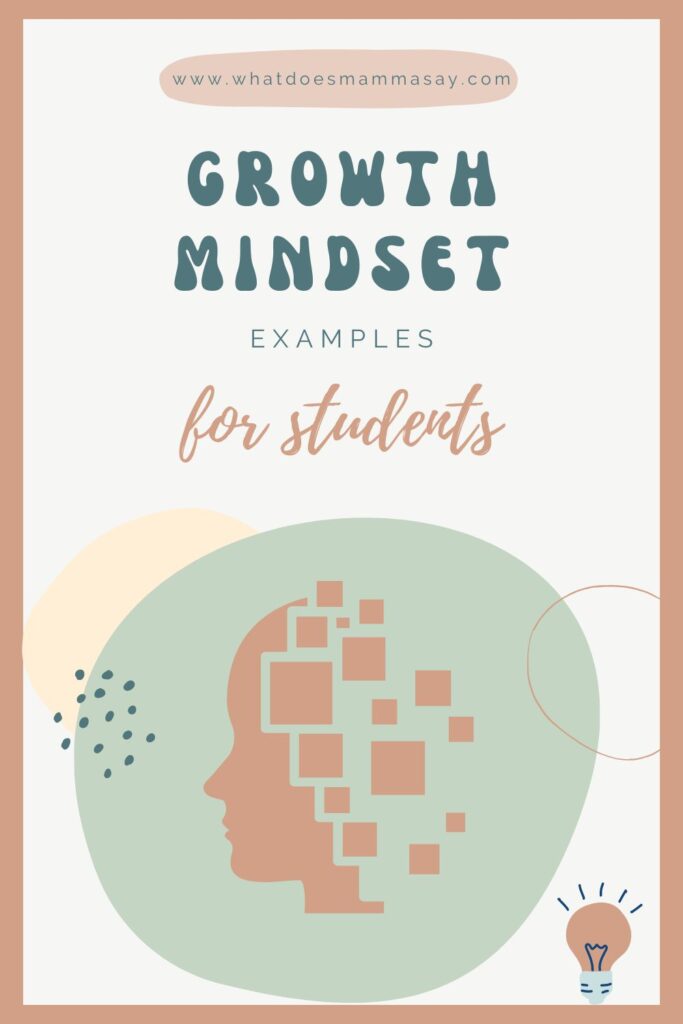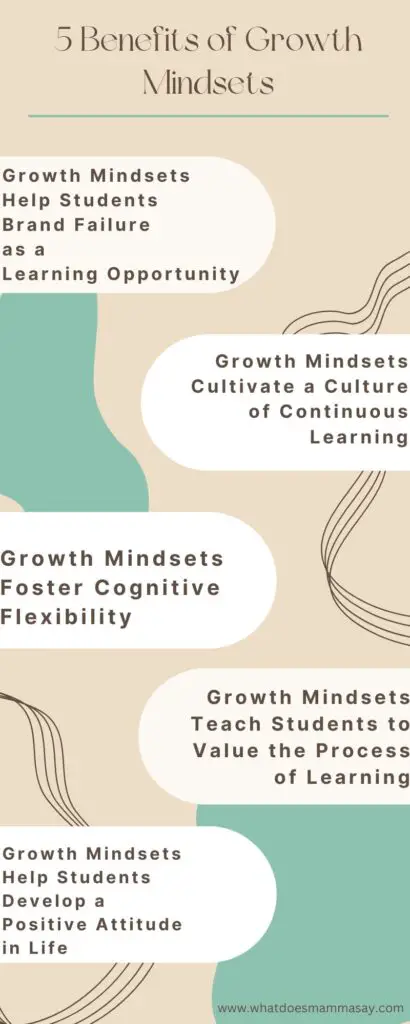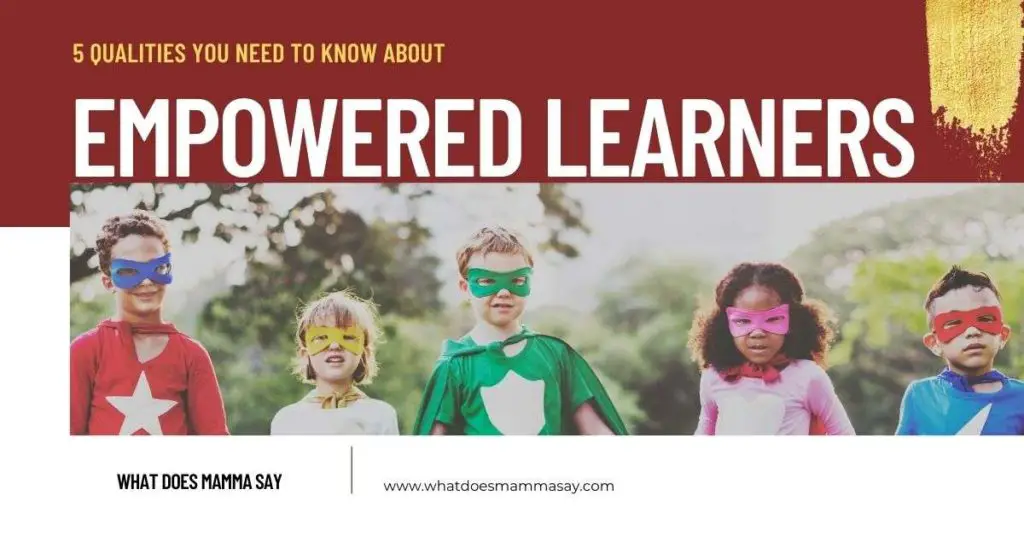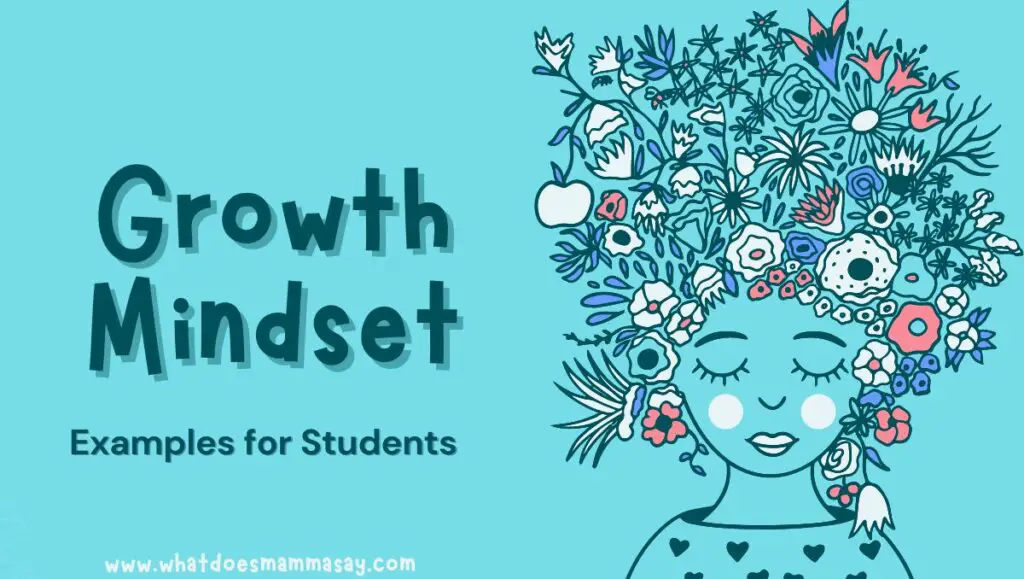Why Mindsets Matter
As parents or educators, we are always on the lookout for the best parenting strategies or teaching methodologies that can help kids discover their full potential. For that, we try to experiment with teaching practices, generally, those that can help our students become the best version of themselves.
To achieve that, some parents show how success is vital in life and how the modern world has no room for failure. On the other hand, teachers show rigidness in their teaching styles and emphasize the importance of scores.
To make matters worse, the teaching methods might target the average learner, leaving one below the average line to feel left out or one above the average line unchallenged. Yet similar realities like these are detrimental to our kids’ mindsets.
The environments we expose our kids to during childhood or the early learning years have a huge impact on their attitude toward learning and life in the later years. Punishing students whenever they make a mistake or limiting their exploration during the early years only promotes the development of a fixed mindset. Yet every parent or educator must ensure to help their kids or students develop a growth mindset.
What Having A Growth Mindset Actually Means
There are generally two types of mindsets i.e fixed mindset and growth mindset. With the term fixed mindset, students believes that their abilities, intelligence, and talents are fixed traits that can’t be developed or improved.
On the other hand, students with a growth mindset believes that their abilities, intelligence, and talents can be developed and improved. The concept of growth mindset was first coined by Carol Dweck and her colleagues and later on, publicized in her book “Mindset: The New Psychology of Success”. That was after their research about student failure and their attitudes toward it.

The researchers realized that some students easily bounced back from setbacks while others seemed so devastated even by the smallest issue.
Generally, students with a growth mindset perceive failure as a stepping stone to success and they easily embrace challenges. On the other hand, students with a fixed mindset view failure and challenges as threats and are easily demotivated in their presence.
Such students may find it hard to learn new concepts or try out new things with the fact that they are afraid to fail or render themselves incapable. However, students with a growth mindset view challenges as part of life and are enthusiastic about trying out new things or generally, being challenged.
Overall, mindsets impact students’ learning outcomes, happiness, health, and outcomes in life. So, why should young students learn about growth mindsets early enough?
Interesting Growth Mindset Benefits
There is a range of reasons why students must be introduced to and made to embrace a growth mindset and these benefits are:
1. Growth Mindsets Help Students Brand Failure as a Learning Opportunity
Most of us were raised in homes where failure and mistakes were taboo. So we grew up being decisive about what we allow in our lives and the practices we follow. Although that isn’t entirely wrong, the inability to explore beyond one’s comfort zone only hinders growth possibilities.
So our minds become designed to take up immediate and obvious techniques that guarantee success. But life and learning never warranty the same. Sometimes, success only comes after failure, and taking obvious routes rather than trying out new techniques only hampers growth.
With that, it’s essential to help students learn from failure and mistakes rather than emphasizing the need to succeed. Whether you’re a parent or a teacher, help kids understand that it’s okay to fail as long as one never stops trying again and again.

This will help a student aim for bigger and SMART Goals. It will also motivate them to take necessary risks, learn resilience, and attain problem-solving skills in life.
2.Growth Mindsets Cultivate a Culture of Continuous Learning
Students with a fixed mindset believe that intelligence is inherent. For example, they believe that one who is good at math was born like that. However, mastering math skills requires effort, study, and practice. More commonly, they aren’t interested in taking the time to learn new things or experiment with new techniques. Unfortunately, this prevents students from learning and exploring new horizons.
However, when a student is motivated to learn and experiment with things, this helps to foster a culture of learning. Students in this case are more likely to experiment with new techniques and this helps them learn more and stand out.
Maintaining a culture of learning helps students not to be overwhelmed by classroom tasks and responsibilities. More so, it helps them to utilize their free time to read books or indulge in constructive activities.
3.Growth Mindsets Foster Cognitive Flexibility
Teaching is one of the most respectable professions on earth, but the practice is highly demanding. Helping students to grasp, digest, and memorize material isn’t an easy task. That also becomes challenging when it comes to complicated projects.
As that is an immediate case, in other cases, students may not be able to easily switch from one task or lesson to another, which is known as cognitive rigidity. This exhausts teachers who are dedicated to helping kids learn and perform better.
However, helping students develop a growth mindset also impacts their cognitive abilities. Children with a growth mindset won’t find it hard to switch from one task to another. Also, they are more motivated to learn on their own which relieves part of the pressure from teachers.
Generally, the cultivated cognitive flexibility allows them to become more creative, problem solvers, and independent thinkers. Also, such children are more likely to pursue difficult challenges.
Also read:
4.Growth Mindsets Teach Students to Value the Process of Learning
Behind every success story are hardships and several episodes of defeat. Yet many times, people only focus on the outcomes. That makes students perceive success as an obvious outcome, yet genuine and sizeable results require effort and toil.
When children are brought up around people with a growth mindset this also helps them to develop the same mindset. With the fact that a growth mindset highlights the value of effort and study, the students will also value the process of learning.
They will be motivated to study, embrace challenges and remain persistent in their good cause. Students will also learn to appreciate and value other people’s achievements.
5.Growth Mindsets Help Students Develop a Positive Attitude
There is nothing as destructive as negative thoughts. Prolonged negative thought patterns are some of the major hindering factors to self-improvement and happier life. In a life that is full of challenges and difficulties, it would be best to raise children with a positive attitude toward life.
Students with a growth mindset always look for the good aspect of every challenge. For example, they can take stressful situations as avenues to develop coping skills and think of better ways to achieve goals.
Such students are normally optimistic and never dwell on failure or mistakes. But rather, they learn and move on. Maintaining a positive attitude is very essential both in school and professional life.

Final thoughts
To encapsulate, having a growth mindset doesn’t mean that one never fails, but it means that one knows that failure is inevitable, however, it’s how we react to it. Students with a growth mindset aren’t afraid to try out new things, learn or accept challenges.
However, students with a fixed mindset are more scared of failure or even trying out new things. This not only hampers their academic progress, but also their later life.
Therefore, whether you’re a teacher or a parent, it’s essential to foster growth mindsets in kids to help them navigate life easily and realize their full potential.
Author:
Jessica Robinson loves to write interesting and knowledgeable blogs regarding business management, education and life to satiate the curiosity of her lovely readers. Currently, she is serving as a content manager at the ‘Speaking Polymath’. Every piece of content that she writes demonstrates her immense love and passion for her profession.


Hi there! We are Cristina and Monica, moms, teachers and friends. Read more about us and our mission here.

